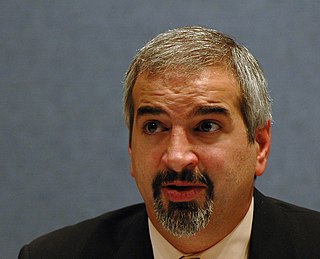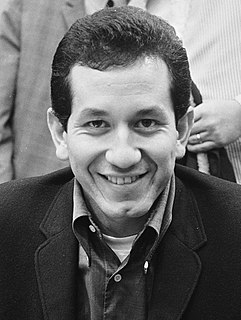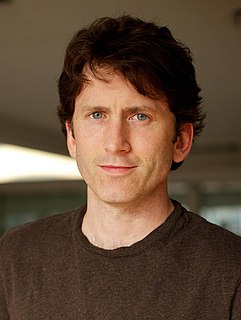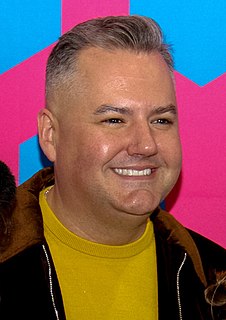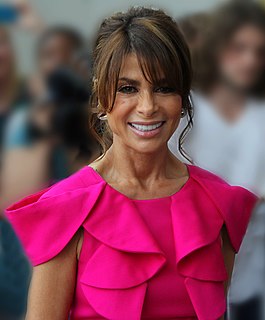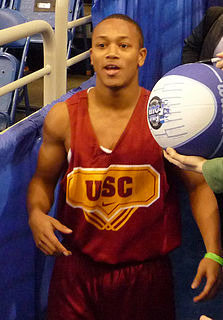A Quote by Matt Taibbi
Everybody I knew, practically, was a journalist when I was a kid - my father, all of his friends. I never wanted to be like those people.
Related Quotes
As a kid, in the Runaways, I would see the interviewers start to ask about our personal lives and what we did — and I could see the look in their eyes. They were practically frothing at the mouth. So if I answered these questions, I knew they were never gonna talk about the music. It was like that instinct — don’t go there, man. Have boundaries. Have mystery. You don’t have to let everybody in! I want to be singing to everybody, and I want everybody to think that I’m singing to them. Guys, girls and everyone in between.
At 15 [my father] revolted against his father like any teenager, and said, "I'm out of here! What are you doing to me?" He thought he wouldn't be involved in that kind of stuff for the rest of his life. He just wanted to make money. He was one of those people who took over the family responsibility. His own father was pretty irresponsible with money and borrowed from people all the time.
I think we're all actors. There's this friend of mine who's a great drummer, and he said, "I never thought I'd be a drummer, but I got really good at it. I always feel like I'm an actor playing the drums." His real calling was that he was going to be a magician. That's what he felt like he wanted to do. If you decide to act like a journalist, you'll probably be a better journalist than just being a journalist. What you're doing is, you're taking the executive role and stepping outside yourself so that you're able to make more objective decisions.
When [my father] reached his majority, he was the head of the family. Everybody depended upon him. He went into a very uptight appearance; he would wear Chesterfield coats to work, Homburg hats, really getting into the whole thing. He knew people like Oscar Levant. He loved New York. He wanted to live there.
You never know how your work is going to be received, and to have it be not just received by the people who wanted it or knew about it or our traditional fan base, which is pretty big, but also having it spill over to everybody who plays games, and then those people telling everybody else who doesn't play games - that's what it became.
I had that laser focus, identified what I wanted when I was a kid, and never let anything get in my way. If you look on paper at who I am and what I sound like, and what I look like, you wouldn't say, 'Go into broadcasting.' It's just what I wanted to do - I knew that I could do it, and I never let anyone tell me that I couldn't.
When the mortgage giant Fannie Mae recruited Daniel H. Mudd, he told a friend he wanted to work for an altruistic business. Already a decorated marine and a successful executive, he wanted to be a role model to his four children - just as his father, the television journalist Roger Mudd, had been to him.



